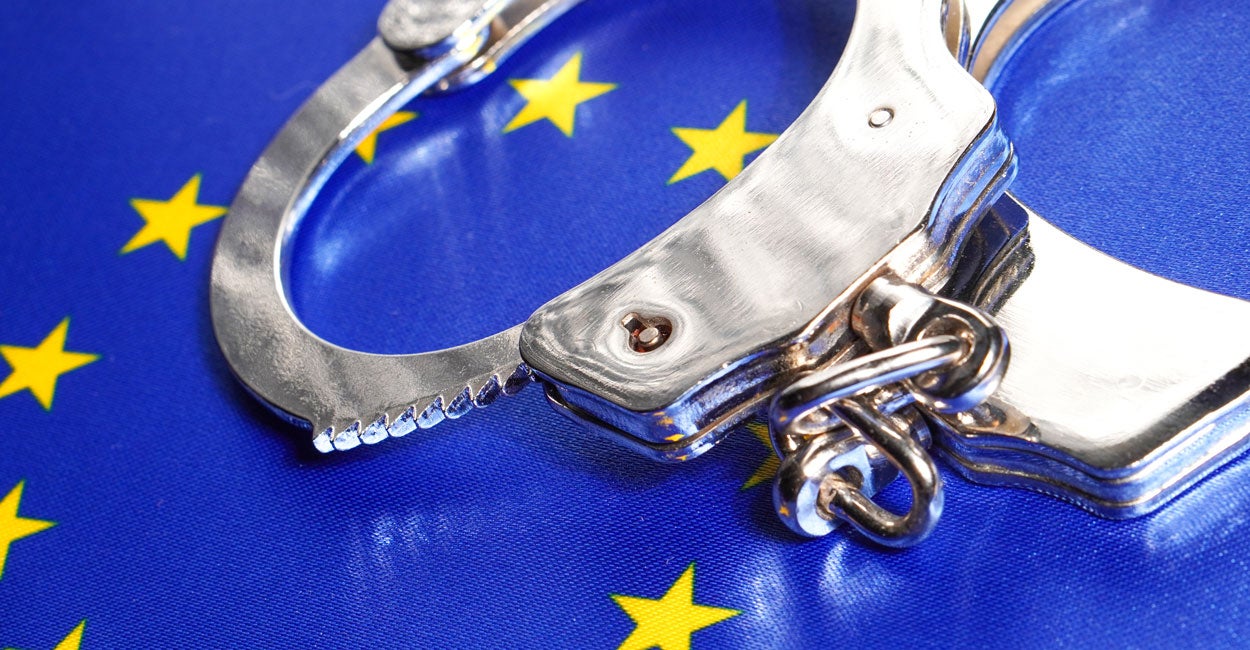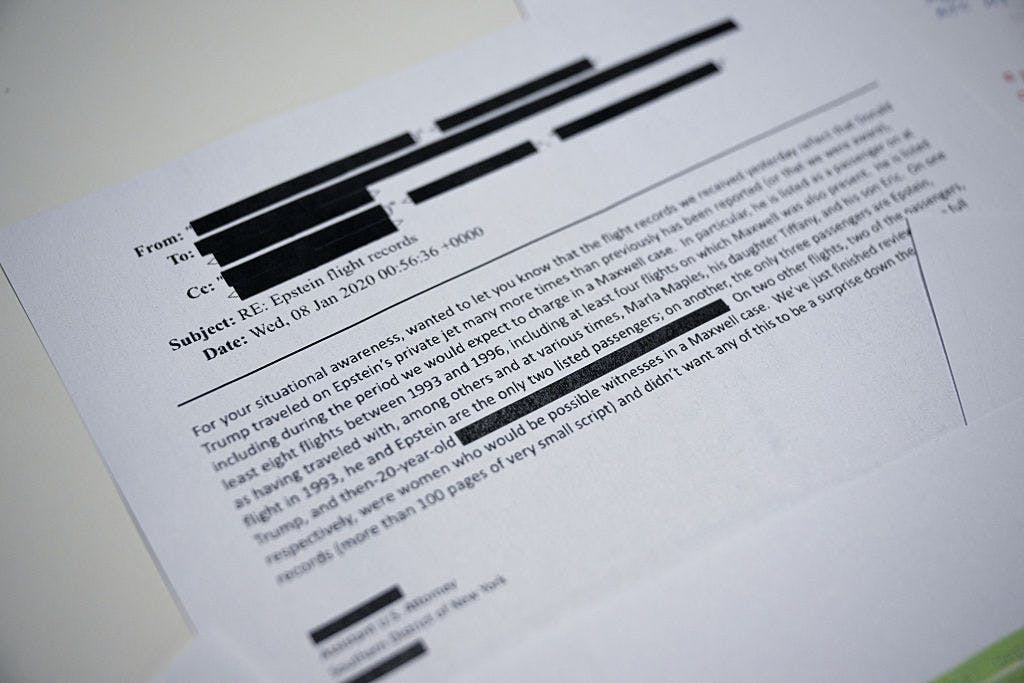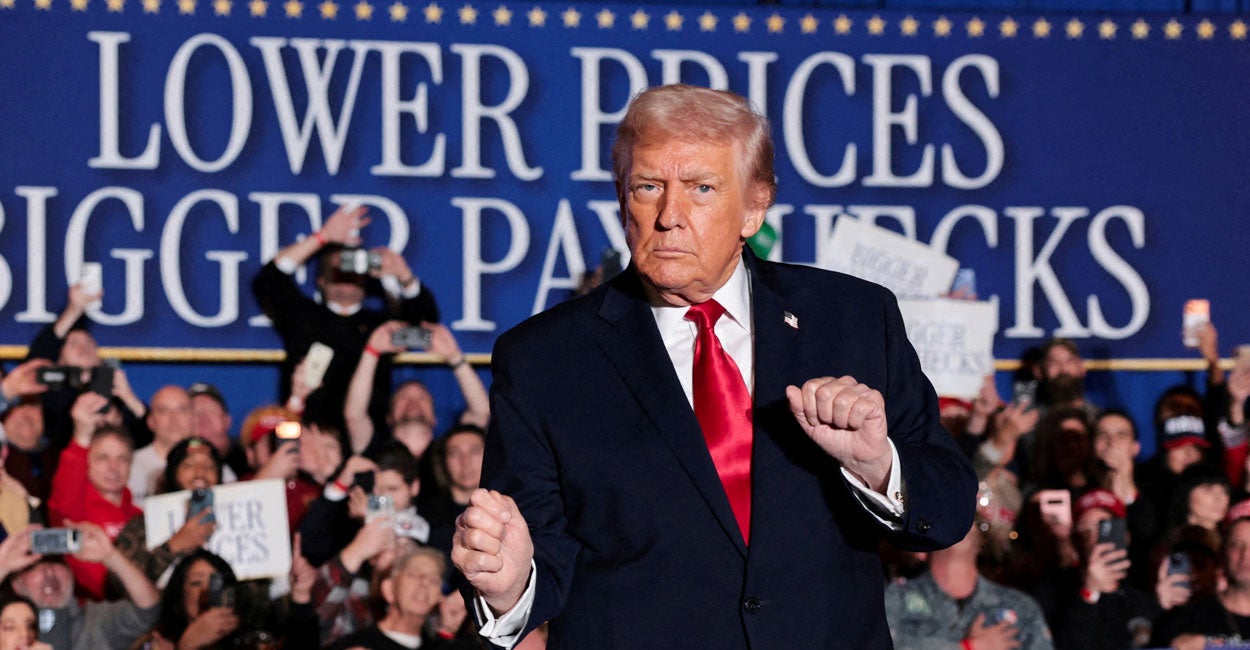The EU’s Internet Law, a Blueprint for Global Censorship—Including on American Platforms?

Imagine a world where Brussels bureaucrats determine Americans’ free speech on social media platforms. It sounds absurd—but that’s the current reality under the European Union’s Digital Services Act. Little discussed on American shores, the Digital Services Act—a sweeping internet regulation in Europe—is one of the most concerning global free speech threats you’ve likely never heard of.
Live Your Best Retirement
Fun • Funds • Fitness • Freedom
Though sold as a measure to “protect democracy” and create a “safe online environment,” the Digital Services Act has increasingly become a powerful tool for censorship. And while it is EU law, its impact reaches far beyond Europe—with binding effect on the content moderation practices of global platforms, including those based in the United States. Eerily, this law can censor American speech online that would otherwise be protected under the First Amendment.
Here’s how it works. The Digital Services Act compels very large online platforms—think Facebook, YouTube, and X—to remove so-called illegal content without delay. The problem? “Illegal” is defined not by clear, fixed principles, but by a moving target: whatever violates the law of any EU member state, now or in the future. That means a speech restriction passed in one small European country could trigger content takedowns across the entire internet—a lowest-common-denominator approach to censorship.
Under the Digital Services Act, if platforms fail to block “illegal content,” they face fines of up to 6% of their global revenue. As a result, they are incentivized to censor speech preemptively—not just in Europe, but across their entire services. On the other hand, there are no incentives for platforms to uphold free speech.
We’ve seen this dynamic before. During COVID-19, tech giants removed posts deemed controversial, not because the speech violated any law, but because they conflicted with the established narrative. Now, the EU regulation codifies that model, empowering “trusted flaggers” to demand removal based on shifting definitions of “misinformation” and “systemic risk.”
The Digital Services Act allows vague or politically charged laws—such as those targeting “hate speech” or “disinformation”—to become global standards. Consider the case of Päivi Räsänen, a long-standing Finnish parliamentarian criminally prosecuted three times over the last six years for sharing a Bible verse online. Though twice acquitted by her country’s courts, Päivi’s case reveals how far some authorities are willing to go to silence certain views. Under the Digital Services Act, such prosecutions may cease to be outliers.
This is far from a purely European problem. The risk to American speech is real. Because platforms operate globally, they often shape their moderation policies to comply with the most speech-limiting laws in the most powerful markets. Vice President JD Vance has already sounded the alarm, warning that Brussels is targeting U.S. tech giants with “onerous international rules” that threaten free expression.
The risk is not hypothetical: Thierry Breton, former EU commissioner, publicly warned Elon Musk that Donald Trump could be censored under the law during a high-profile exchange on X in anticipation of Musk’s interview with the then-presidential candidate.
The House Judiciary Committee has cautioned that the Digital Services Act could chill constitutionally protected speech on American-owned platforms. If companies face steep penalties for hosting content deemed problematic in Europe, they may simply delete or suppress it worldwide—including posts by American users.
What the Digital Services Act does is establish a massive censorship infrastructure, made up of national enforcers, outsourced content police, and the European Commission itself. This should concern every defender of free speech.
Americans have a vested interest in protecting the human right to free speech not only at home, but also abroad. This is not the exportation of an American value, but the defense of a universal one. Thus, the Trump administration should exert strong and sustained pressure on the EU to repeal or substantially amend the Digital Services Act—especially since the disinformation Code of Practice became legally enforceable July 1 across all major platforms. Washington should work in close coordination with democratic allies across Europe to oppose the EU action, championing free speech as a universal human right.
If left unchallenged, the Digital Services Act could become a blueprint for other regimes. Authoritarian governments are watching closely. If Europe continues to lock in centralized online censorship, why shouldn’t they? Further, they could point to the EU to justify their own crackdowns.
Free speech doesn’t stop at national borders—and neither do the threats against it. The Digital Services Act may have been written in Brussels, but its effects are felt in every corner of the internet. This is a global test case for free expression. We must vigilantly defend our freedom of expression in the digital age before it slips away.
We publish a variety of perspectives. Nothing written here is to be construed as representing the views of The Daily Signal.
The post The EU’s Internet Law, a Blueprint for Global Censorship—Including on American Platforms? appeared first on The Daily Signal.
Originally Published at Daily Wire, Daily Signal, or The Blaze
What's Your Reaction?
 Like
0
Like
0
 Dislike
0
Dislike
0
 Love
0
Love
0
 Funny
0
Funny
0
 Angry
0
Angry
0
 Sad
0
Sad
0
 Wow
0
Wow
0











































































